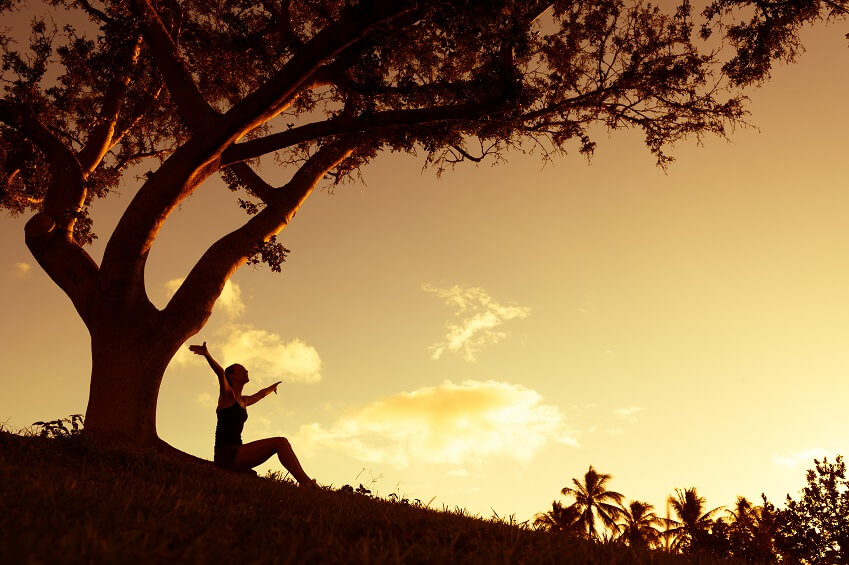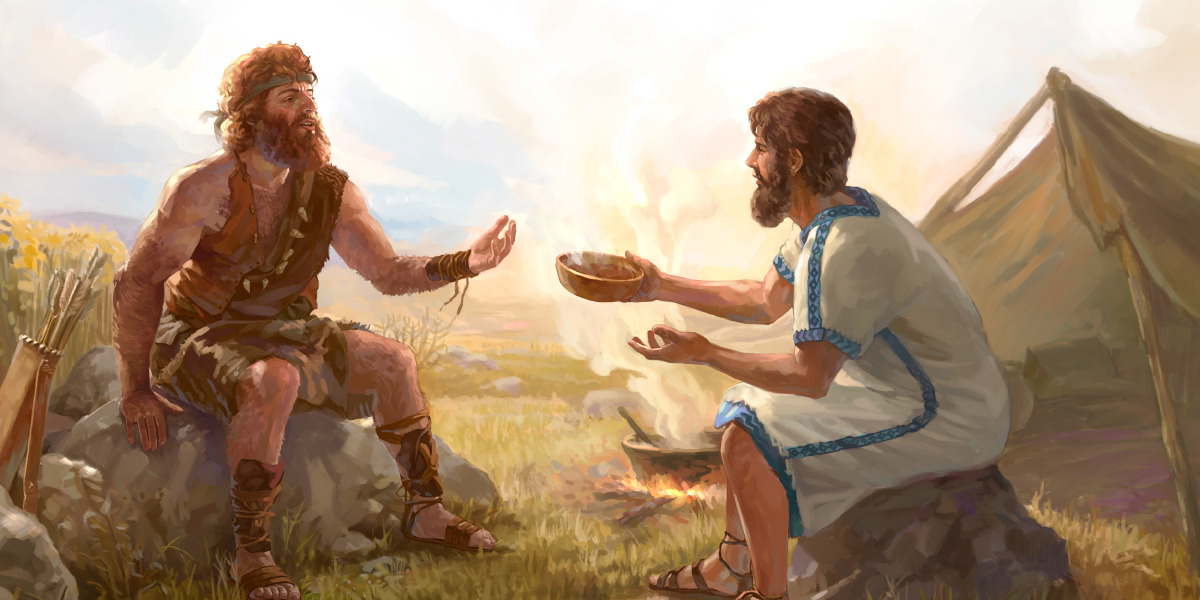My colleagues and I recently returned from an extraordinary human rights trip to Guatemala led and sponsored by American Jewish World Service - AJWS. "How was your trip?" I've been asked numerous times since I returned. Just for a start: It was beautiful, troubling, uplifting, tragic and downright inspirational.
Here is a video and some photos I took during the trip, along with brief narrations. The photos include journalists, midwives, healers and women's rights activists, as well as the intoxicating beauty of the land. More reflections to follow.
When asked what gives him the strength to oppose injustice and to speak and write the truth at great personal risk, an independent community journalist invoked his Mayan heritage and said, "Our ancestors always taught us the importance of speaking the truth and fighting for what is right."
One of many moments that I felt a deep connection and a lump in my throat.
So much courageous work being done. So much to support. So much more to do in Guatemala, the US, and throughout the world.
For we, too, have ancestors who have taught us to speak the truth and to fight for what is right.
A member of Asociacion Nuevo Horizonte (New Horizons), created by Mayan Q'eqchies women to advance political participation for indigenous women in local, municipal and national leadership. She is speaking Q'eqchie and sharing her hope and advocacy for equal right for men and women, which she believes will be beneficial to all.
Each day began with a reflection with colleagues, all participants in AJWS's Global Justice Fellowship program.
Professionals and client from Bufete Juridicio de Derechos Humanos, a highly-respected legal organization which represents communities and individuals whose rights have been violated or condoned by the state. The case they shared with us pertained to the land rights of an indigenous community.
We toured the Casa de la Memoria, chronicling the often tragic history of Guatemala and dedicated to the memory of those who were killed from the Spanish conquest to the present.
On the way from Guatemala City to Quetzaltenango, a coffee break in a beautiful setting.
A corn-husk wrapped tamale, part of a lunch graciously prepared by our hosts at CODECOT, a coordinating agency of traditional local midwives.
CODECOT participants presenting a skit to illustrate the limitations posed by local hospitals and the need for a strong midwife cohort to address women's health needs.
Rabbi Ilana Schachter presenting a plaque from AJWS to the CODECOT leadership for their efforts to promote sexual health and to address the institutionalized racism that many encounter in the healthcare system.
Breathtaking scenery wherever we turned. Here's one of the nearly 40 volcanoes in Guatemala.
Members of the Pensa Comunitaria, a youth-led collective of independent journalists who cover social justice struggles in Guatemala as an alternative to mainstream media. They do not earn any money for their journalistic work. The woman speaking, for example, is also a dentist.
Getting to know wonderful colleagues from other communities was a real added benefit to the trip. It appears I traveled to Guatemala to spend time with LA colleague Rabbi Noah Farkas.
With one of the participants of Asociation Neuvo Horizonte who traveled seven hours (with her daughter) to speak to us. She shared two of the group's objectives: the establishment of a women's political party and women mayors for the towns in which the participants live.
We spent Shabbat at a coffee resort near Antigua, Guatemala. The picture is taken from the inside of a pagoda where we held services.
Sign spotted in the airport as we were preparing to leave, prompting an august rabbinic caption contest. Winner so far: travel tips.



















